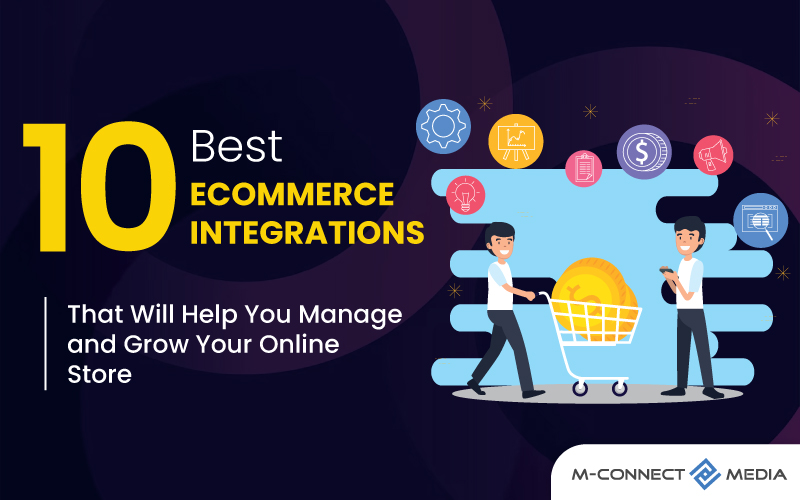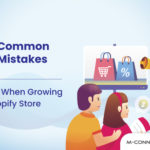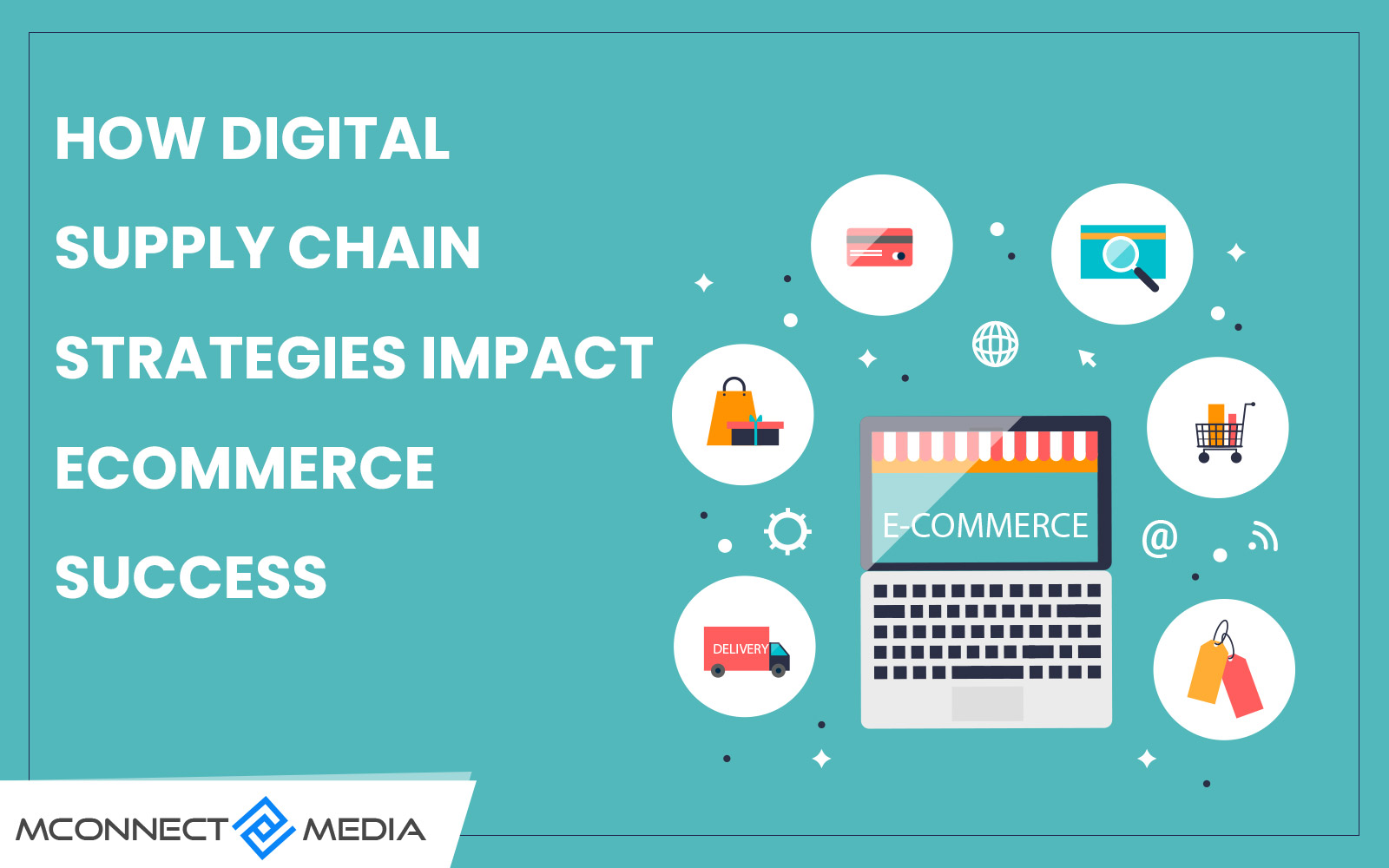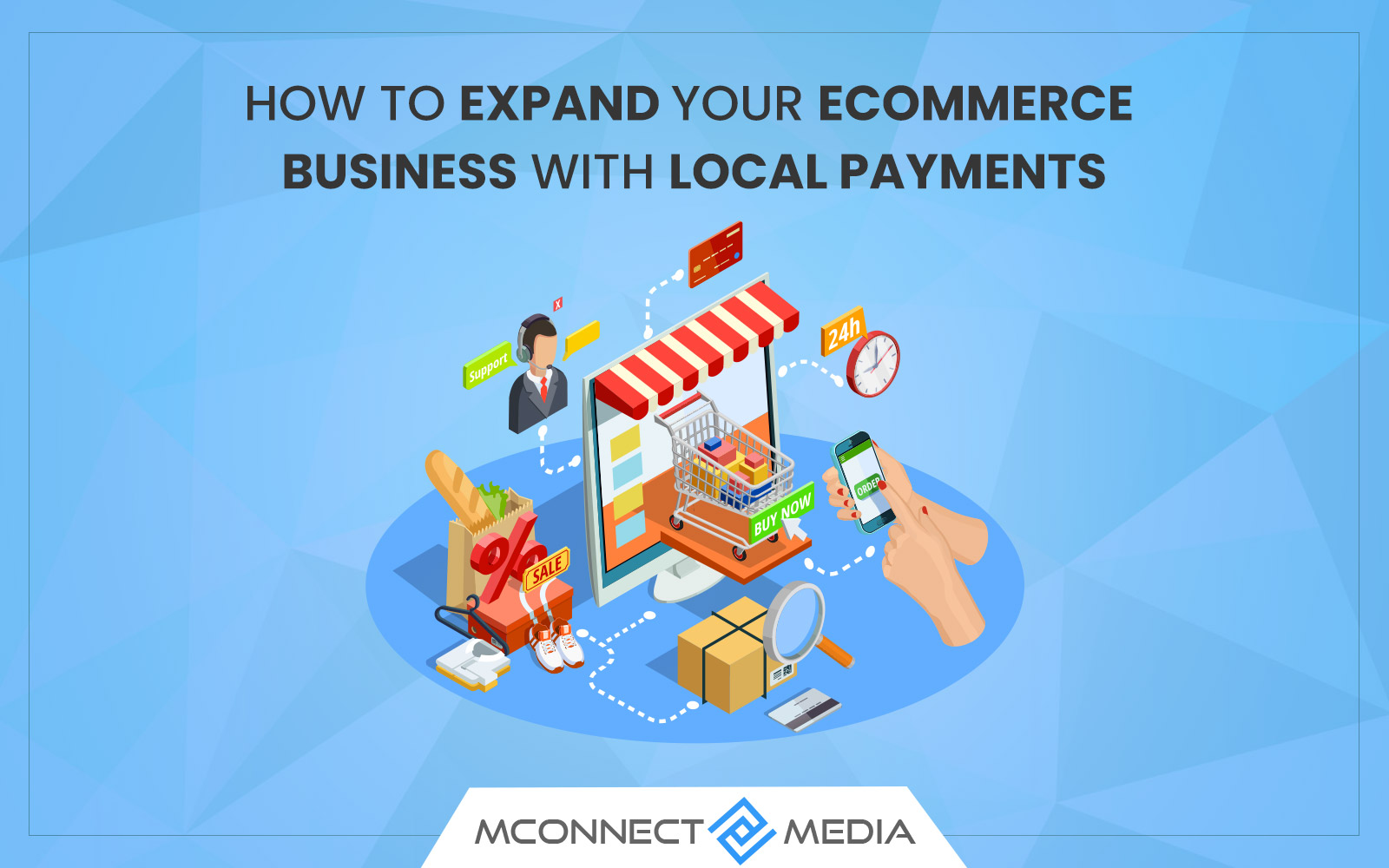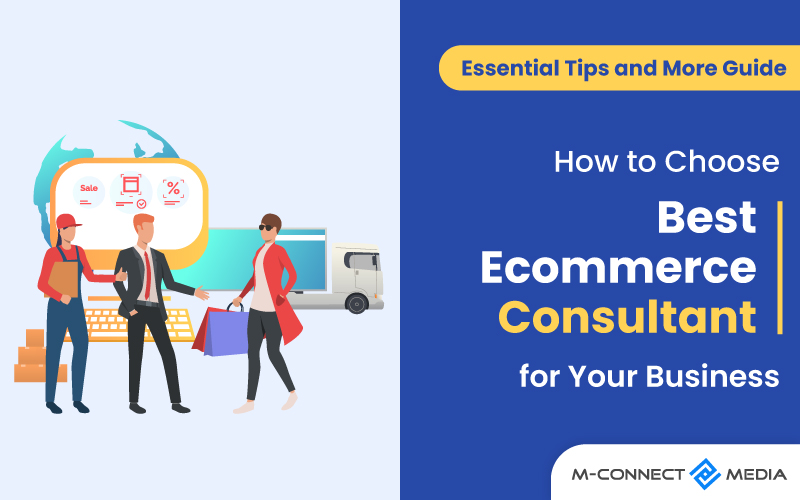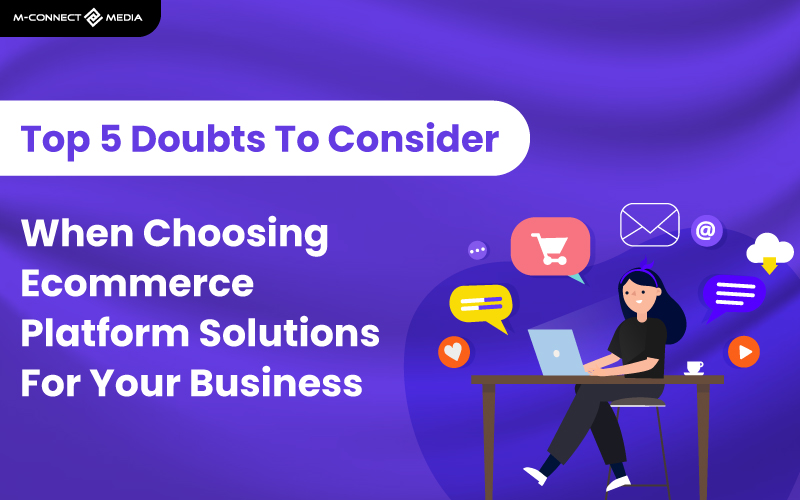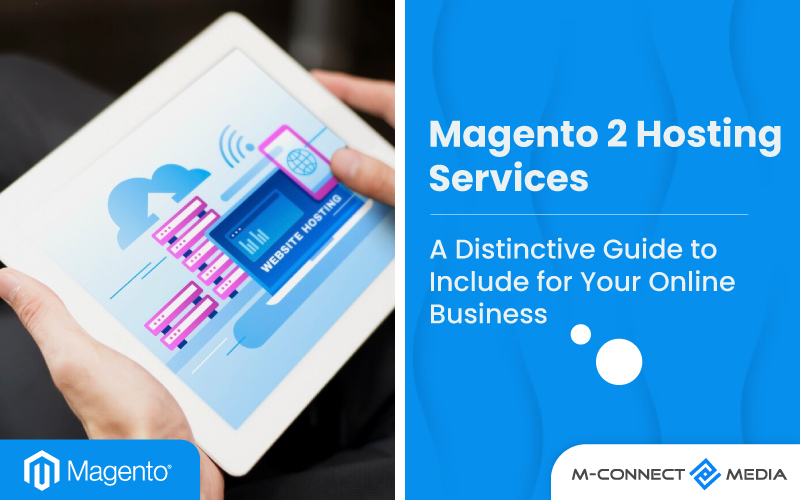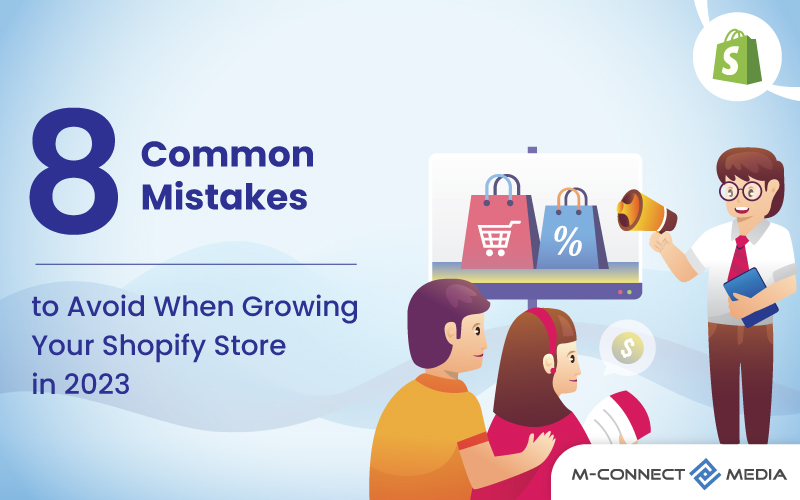Having an Ecommerce website is not sufficient for a successful online business anymore. You need other tools like CRM platforms, payment and shipping systems, email marketing software, and more. In short, you need Ecommerce integrations for your online store.
Integrations play a crucial role in improving Ecommerce system. This reduces the time you spend dealing with problems from integrating third-party tools into your eCommerce platform, allowing you to focus on other important tasks.
Every Ecommerce company relies on a set of essential apps. The ideal situation is for these various apps to work together, simplifying complex processes, providing complete business insights, and reducing the time spent on third-party tools.
No matter which e-commerce platform you use, it’s important to set up the right Ecommerce integrations. When you centralize tasks in one place, it not only makes managing business processes easier but also sets the stage for a successful online business.
In this article, we’ve picked out the best eCommerce integrations to make your online business work even better. Here, you’ll find solutions that are also perfect for talking to your customers and making shopping a great experience. So, let’s get started!
What is an Ecommerce Integrations?
An Ecommerce integration (also called Ecommerce data integration) is like a bridge that connects two different platforms or apps. It’s a way to link two platforms so that important data can easily move from one to the other e-commerce platforms.
Integrations help make things clear and easy for users and gives customers a good shopping experience. It’s all about making sure data can move between all the different technologies involved in buying and selling things online, both directly and indirectly.
Ecommerce integrations make it possible for you and your team to see all the information you need to run your business smoothly. And not only do they help your employees, but they can also make things faster and better for your customers.
In Ecommerce integration, there’s a special way data moves between platform and other parts of business, like marketing, sales, CRM, ERP, accounting, and inventory. These technologies help your company keep up with growing demand by keeping all the information.
Know More: Ecommerce Integration and Its Importance for Businesses: Grasp Benefits and More
Key Features of the Best E-commerce Integrations
- Easy Connection: The top e-commerce connectors connect your important software apps smoothly.
- Simple to Manage: Integrations make life easier for you as a business owner by simplifying things behind the scenes.
- Better User Experience: They make things easy for both customers and shoppers on the front-end.
- Sales and Happy Customers: The Ecommerce integration tools can boost your sales and make customers happier.
- Accurate Insights: Integrations give you detailed info about how your online business is doing and how it’s performing.
Why Ecommerce Integration is Important for Online Businesses or Stores?
E-commerce integrations have become more popular and widely used among e-commerce business owners. When you integrate different platforms into one system, it helps you handle data more easily.
Now, let’s take a look at the specific reasons why you might want e-commerce integrations for your store.
1. Streamline and Efficient workflows
Smart Ecommerce integrations can simplify complex tasks, making it better for both customers and app administrators. With meaningful e-commerce automation through these connectors, you can offer customers a seamless and fast buying experience.
This is self-explanatory, but it’s worth emphasizing anyway. Moreover, You may add a range of features and functionalities to business by integrating multiple ecommerce systems.
When you add customer support software, you get tools that help you reach out to the client at the right time. Furthermore, you may send customized, automated communications to improve online experience.
2. Important data Synchronization
For an eCommerce business owner, having a complete view of business data across different platforms is really important. It also means having a unified view of customers’ business aspects.
This could include where your customers are, how many times they’ve been to your website, what they’re using to connect with you or make purchases, their past conversations and purchases, and more.
You can also synchronize data between multiple systems and create a smooth data flow without sacrificing security by using specific integrations for each of these tasks.
And the cool thing is, often, you only have to enter this information once, and it automatically gets shared across all the platforms you use.
3. Improved Customer Experience
E-commerce integrations make the customer experience better in different ways. It makes the customer journey smoother by reducing things that might slow down or make things complicated.
Integrations make customer service better by making easier to keep track of and solve customer issues, requests, and complaints. Moreover, This helps boost sales because it’s easier for customers to buy.
An integrated system looks at real-time customer information and also uses a single database to show you customer journey. This gives you accurate details to create personalized and specific messages.
4. Rids of Manual Data Entry
With the right e-commerce connectors, most data gets synced and updated on its own, which means your team doesn’t have to type it all in manually.
With an integrated e-commerce system, your team can automate putting in data across different places, so they have more time to really connect with customers.
When you use third-party app integrations in e-commerce, you don’t need humans to do boring, repetitive stuff. And that means fewer chances for mistakes and more efficiency all around.
Also Read: How to Choose Best Ecommerce Consultant for Your Business: Essential Tips and More Guide
10 Best Ecommerce Integrations For Your Online Business or Store
For better productivity, every Ecommerce platform lets you connect with a wide range of third-party apps. Many e-commerce integration systems out there, here are 10 Best Ecommerce Integrations That Will Help You Manage and Grow Your Online Store:
1. Website Builder platforms
The most crucial ecommerce tools for online store is website building platform. The platform you use to create website has a big impact on how well it works. If you don’t know how to program or design, a website builder can help you make a professional website that works.
Shopify, BigCommerce, WooCommerce, and other popular e-commerce website builder platforms are part of this group. They have everything you need to make and run an online store like shopping carts, payment processing, inventory management, and more.
You can use these platforms to create a website for online business and start selling products online. They also give ecommerce features like member areas, online databases, sharing on social media, and websites that work well on phones.
2. SMS Marketing Solutions
SMS or Text marketing has become a powerful tool for growing online businesses. One big reason for this is increasing number of customers who make purchases from mobile devices. Mobile phones now make up more than 65% of eCommerce traffic.
Customers want to be able to search for products, browse through options, sign up for text messages, get promo codes through text, add things to their cart, and complete purchases all from their mobile phones, and they want to do it quickly.
This way, you can connect with customers through the platforms they prefer, see which messages and campaigns they like the most, and use all this info to make your marketing work even better and get a higher return on investment.
3. Email Marketing Integration
You’re probably one of the four billion people on the planet who use email. Email has long been the foundation of inbound and outbound sales and marketing initiatives. It is popular type of marketing automation for B2B and B2C ecommerce businesses.
Email is the major communication method for order confirmations, promotions, discount codes, and information about shop items or changes, and it is how many businesses uniquely identify their consumers.
Using this Ecommerce integration on website can help you gather email addresses from casual visitors, so you can also reach out and encourage to become customers. You can focus on specific groups of customers based by connecting email marketing system.
4. Shipping and Fulfilment Software Solution
Shipping and fulfilment software Solutions make the sometimes boring shipping tasks faster and easier. It lowers the chance of people making mistakes and lets you offer customers different shipping choices that work best for them.
E-commerce shipping integration makes important tasks easier and cuts down on mistakes. It takes care of hard work, and it’s really important if you’re selling lots of stuff every day or on a bunch of different platforms.
When you use shipping and fulfilment software, it makes shipping tasks easier by automating stuff like checking shipping prices from different companies, making labels and packing slips, and keeping track of where shipments are going.
5. Inventory management Software
When you connect with an inventory management system, you get to see what you have in real time, and you can share info between different stores or systems if you need to.
Using inventory management software lets you keep track of what you’ve sold, figure out when you need to get more stock, and see which things are super popular.
This e-commerce integration software also helps make sure you don’t miss out on sales and also helps you keep the right balance between supply and demand.
This integrations allow you to automate inventory and price management and recording. They also assist you in providing accurate and up-to-date information about available or out-of-stock items.
Also Read: Why Should You Choose Python For Ecommerce Website Development? Top Reasons
6. Payment Gateway Integrations
While it’s an option to connect a payment gateway so that customers go to a payment processor’s site. These integrations make sure customers have an easy and safe time paying when they’re checking out.
That way, customers don’t have to leave your site when they buy something. Moreover, It gives you more control over how the checkout works and makes sure customers have the best buying experience.
This lets you collect payments from customers without worrying about data getting stolen or any bank problems. It lets customers pay for your stuff using a payment method they’re familiar with.
7. Customer Support Integrations
The best way for making customers happy is by connecting customer service channels, like live chat and help desk systems, with your Ecommerce platform. When you do this, it puts customer details in one place, so you can always give great service.
Using live chat or chatbots can be a cost-effective way to make your customer support better. These systems can answer common questions and help lots of customers at once.
And when you connect Ecommerce software to help desk systems like Zendesk, it makes things even better. You can also keep track of all the times customers get in touch with you and link them to customer account, so you always know what’s going on with support.
8. Social Media Integration
Integrating social media management software with marketing and ecommerce tools helps you automate conversations, save time, and maintain a consistent brand message. It also helps you track the number and type of visitors that social media brings to your business.
Social media can act as a substitute for customer service because it’s often faster and convenient to respond to customer inquiries or comments on platforms like Twitter than through email or chatbots.
Integrating social media management software with eCommerce website is effective method to automate summon responses and conversations, save time, and maintain consistent brand messages across all platforms.
9. CRM Integration
CRM (Customer Relationship Management) is a popular method for connecting a platform with a sales and marketing system. This software is designed to enhance understanding of customers by utilizing data, leading to stronger customer interactions.
This integration assists in gaining understanding of customers and making decisions to improve their experience, ultimately helping you keep track of customers and make informed choices to ensure their satisfaction.
They are designed to retain customers, which benefits businesses more than acquiring new customers without consideration. By using CRM platform to gather deeper insights about customers, you can also create personalized offers, boost sales, and foster loyalty.
Also Read: AWS vs Azure: A Security Comparison for Your eCommerce Businesses
10. Accounting Software Integration
Accounting software integration can expedite bookkeeping tasks by automating essential operations, when dealing with a large volume of individual transactions. Automation helps reduce the chances of human errors.
An online accounting system should offer effective reporting capabilities and be user-friendly. You require quick, real-time access to your financial data, along with a customizable dashboard that suits your company’s specific needs.
Integrations become crucial, especially when managing both online and offline finances or handling multiple online stores, as they also provide a unified and dependable source of financial information.
Utilize Best Ecommerce Integrations for your business
Running a successful business can be challenging, but there are ways to boost efficiency and simplify operations, and that’s where integrations come in.
These integrations help you streamline processes, automate tasks, sync important sales data, expand your services to more customers while maintaining quality, and reduce the risk of human errors.
No matter which ecommerce platform you use, the right ecommerce integration software allows you to create a consistent customer experience at every interaction point.
These integrations also help you streamline processes, automate tasks, sync important sales data, expand your services to more customers while maintaining quality, and also reduce the risk of human errors.
Interested in experiencing the benefits of Mconnect Media for eCommerce businesses first-hand? We’re here to help. Get in touch with our team of eCommerce experts today to talk about situation or to start your 7-day trial of the M-connect platform.
FAQs about Ecommerce Integrations:
- What is e-commerce integration?
E-commerce integration is the gathering, exchange, and arrangement of data between your company’s e-commerce apps and back-office systems such as fulfillment, accounting, inventory, sales, ERP, CRM, marketing, and so on.
- Which is the best ecommerce platform to launch an ecommerce store?
Hostinger Website Builder
- What is the most rapidly expanding e-commerce industry?
The online grocery and food delivery category is the fastest expanding e-commerce business. Because of the worldwide epidemic and changing consumer behavior, more individuals are ordering groceries, meals, and other food items online.
- How can I improve my ecommerce store?
Top e-commerce sales strategies include:
- Create an email list and put an email marketing plan in place.
- Make a social media marketing plan
- Showcase testimonials
- Display best-selling products
- Provide free shipping as well as money-back guarantees.
- Increase or boost brand recognition
- Concentrate on mobile optimization
Also Read: 10 Best eCommerce Websites on Magento 2 to Promote Online Store in 2023
ABOUT US
ECOMMERCE INTEGRATION SERVICES
Mconnect Media’s Ecommerce integration services have a wealth of experience to draw on. We provide the finest in the business by providing the ideal, working combination of price, quality, and timeliness.
We are here to assist you with whatever that leads to an appropriate connection with your clientele; all you have to do is tell us about your needs. However, It’s time to move the conversation forward! Connect with our team to explore bright future that eCommerce integration may bring you!
Relevant Posts:
- What is CRM Integration for eCommerce? Comprehensive Guide and Benefits
- E-commerce POS Integration: Definition, Features and Benefits
- What is ERP Integration for eCommerce? Detailed Guide and Benefits


